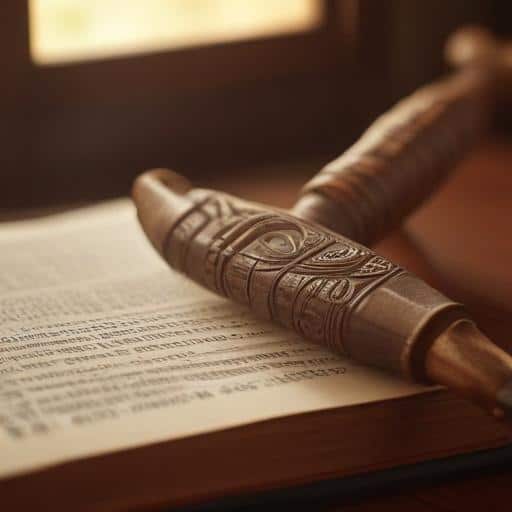In a recent address, Inia Seruiratu, the Leader of the Opposition in Fiji, highlighted the critical need to consider the nation’s unique historical circumstances when evaluating potential constitutional reforms. He expressed concerns regarding the 2013 Constitution, which he claims has faced considerable criticism for failing to genuinely reflect the desires of the Fijian populace.
Seruiratu noted that the nation’s history, marked by several coups and significant political turmoil, creates a context that differs from other democracies around the world. He emphasized that many of Fiji’s previous constitutions—including those from 1970, 1990, and 1997—never fully realized their intended potential due to the ongoing challenges the nation has faced. “Let’s not forget our history,” he urged, cautioning against approaching reform without acknowledging these complexities.
The Leader of the Opposition warned against the current government’s move to hastily amend the constitution, stressing the importance of a careful and thoughtful approach. He asserted that any revisions should foster inclusivity and represent the collective voice of all Fijians. “The government may have the numbers, Mister Speaker, but that doesn’t mean we should ride roughshod over the process we need to follow,” he stated, advocating for a transparent dialogue that includes perspectives from varied sectors of society.
Similar discussions have emerged previously, with Seruiratu advocating for a national dialogue to unpack the events surrounding the upheavals of 1987, 2000, and 2006. This dialogue, he argues, is vital for understanding and reconciling past issues that continue to affect Fiji. He believes that constitutions should be treated as “living documents,” capable of evolving with national needs—a sentiment echoed by various political figures including Minister for Lands and Mineral Resources, Filimoni Vosarogo, who also highlighted the need for a constitution that reflects the populace’s will.
This ongoing discussion signals a constructive opportunity for Fiji to refine its governance framework, one that truly mirrors the diverse aspirations of its people. By fostering inclusive dialogue and recognizing the historical context, there is hope for a more cohesive and representative constitutional structure that nurtures democracy and stability within the nation.

Leave a comment